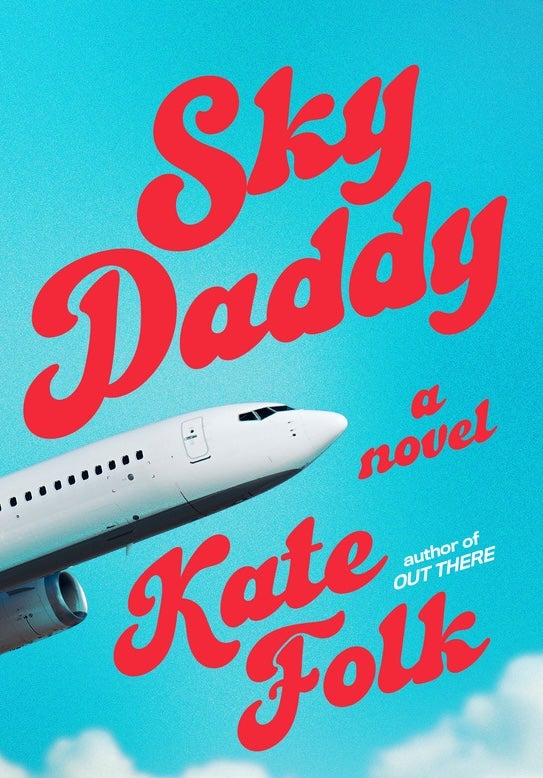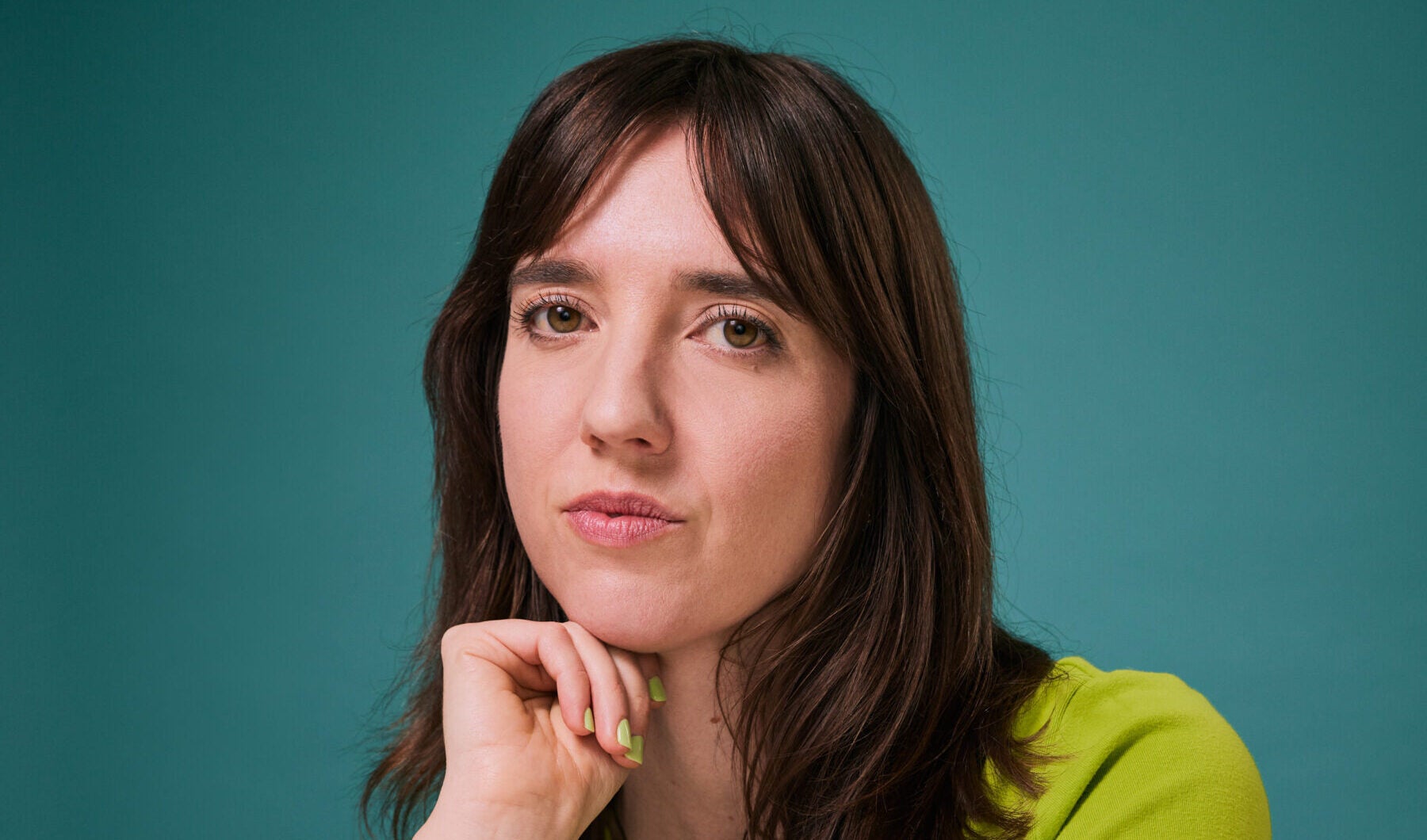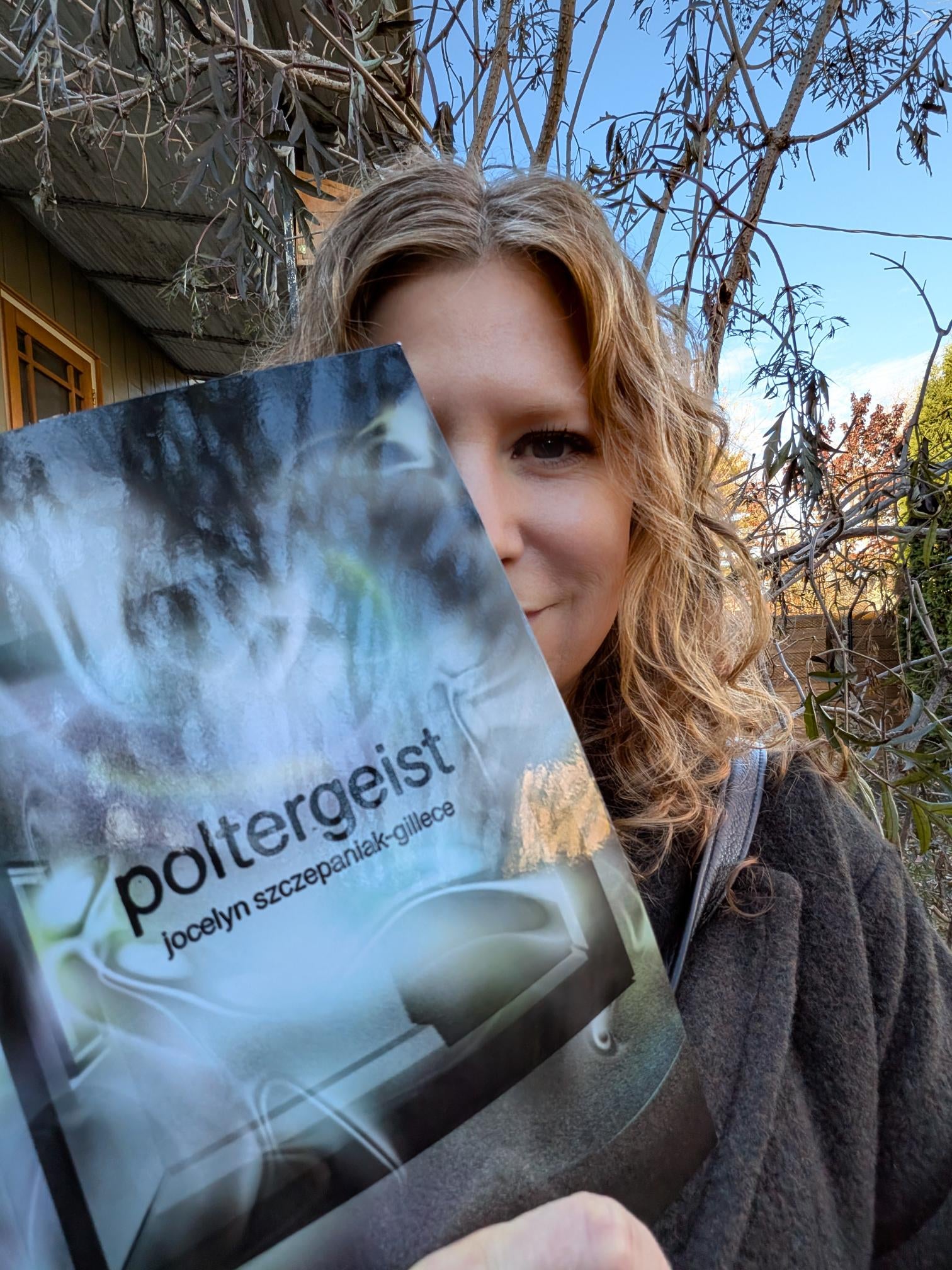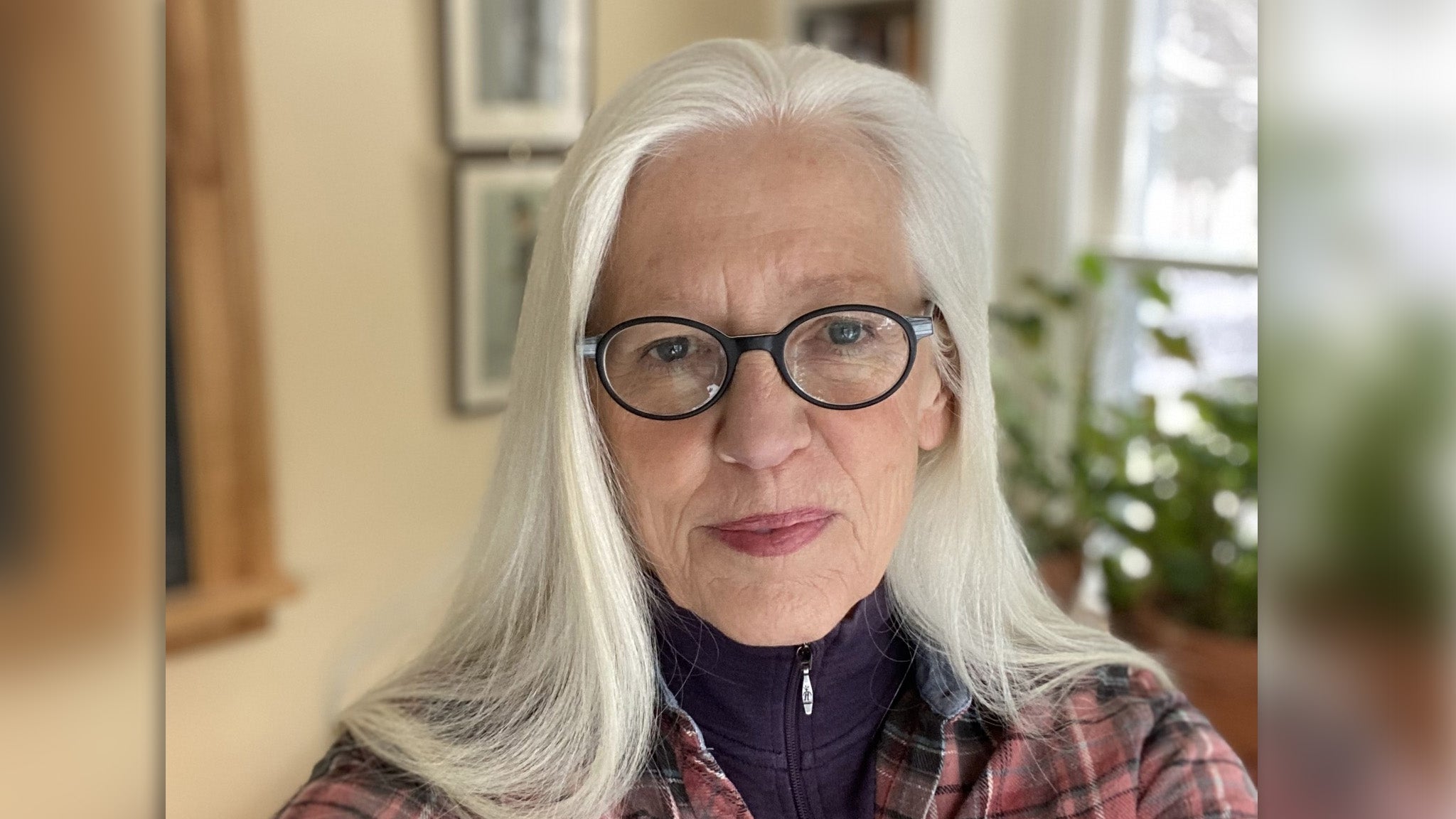Kate Folk is the author of the surreal and fascinating short story collection, “Out There.” Now, Folk is up there with her debut novel, “Sky Daddy.”
The novel focuses on a content moderator named Linda. And Linda has a secret: She’s obsessed with — sexually attracted to, even — planes.
WPR’s “BETA” talked with Folk about “Moby Dick,” character development and recent plane crashes.
News with a little more humanity
WPR’s “Wisconsin Today” newsletter keeps you connected to the state you love without feeling overwhelmed. No paywall. No agenda. No corporate filter.
The following interview has been edited for clarity and brevity.
Doug Gordon: You open “Sky Daddy” with two epigraphs. Can you tell us about them?
Kate Folk: The first is the [Herman] Melville line: “All men live enveloped in whale-lines.” And the second is a quote from Linda, the book’s narrator: “Planes are the whales of the sky.”
DG: Why did you decide to include these two epigraphs?
KF: As I was writing, I used “Moby Dick” as a scaffolding device, especially when I was writing a first draft of the book.
I’d had trouble getting into the voice of the character and figuring out what the trajectory of the book should be. And then around the same time I was working on the book, I started rereading “Moby Dick,” and I was just finding all of these parallels between the two books — thematically and on the level of voice, too.
I loved the voice of Ishmael and how playful it is. And, of course, he’s like obsessed with whales, the same way that Linda is obsessed with planes.
So that was just a fun way to get into the story and generate a lot in Linda’s voice using that model of Ishmael. And then I feel like you can still kind of feel it on the level of the DNA of the book, although I did peel most of that scaffolding away in subsequent drafts. But it felt right to give a nod to Melville there at the very start.
DG: For sure. And you have this great comment that you made about whales and planes, the connection between the two in terms of containing oil. Can you tell us a bit about that?
KF: In a very oblique way, I see “Sky Daddy” as commenting on consumerism and carbon consumption, and how this is something that we’re all in. The United States is kind of addicted to this — these lifestyles that involve so much consumption of oil and its derivatives. And planes, of course, are a symbol of that, right? They use jet fuel and also a lot of carbon output.
So I saw whales as being our planes being kind of similar to whaling in that way, because whales were hunted for their oil and both are like a symbol of humankind’s conquest of the natural world — and hubris and thinking that we can dominate nature in that way.

DG: Very well said. Let’s talk about your protagonist, Linda. How did you go about building this character?
KF: In earlier drafts, she was very different. In the first draft I wrote, she was a flight attendant. She was married to a pilot, and she was much more socially savvy. And it didn’t really feel like there was anywhere for the story to go from there.
So I tried to really get into the story through the voice and just letting the voice craft the character, basically. And from there, a new version of Linda started to emerge that’s closer to the final version.
So I was thinking someone whose whole life has been shaped by this obsessive desire would probably turn out in a certain way, right? Like she’s a bit of an outsider. She has to watch what other people do and calibrate her own behavior based on that. She’s constantly observing other people and making a map in her head of how she’s supposed to be.
And I also thought she’s not a particularly ambitious person. She does have an office job in the book. She works as a content moderator in San Francisco, which is this low-paid, kind of bad job of scrubbing hateful comments from videos online, basically, which seemed like a job that Linda could have and that she actually quite enjoys and is good at.
But I wanted her to have a job also that was separate from the airport. So there’s that distance that creates longing that she can only afford to take one flight a month, and that’s what everything’s leading up to for her, is that one monthly flight.
“I feel like to her, it’s like the plane is an access point to the sublime. It’s this way of transcending her ordinary, banal, daily experience and getting to almost touch the face of God or something.”
Kate Folk
DG: It seems to me that a key turning point in writing “Sky Daddy” was when a friend sent you a link to a YouTube video. Can you tell us about that?
KF: It was a video on the flight channel on YouTube, and it’s this channel that recreates famous aviation incidents. Sometimes they’re crashes. Sometimes they’re less severe, but [still] real historical incidents. And I think [the video is] using some kind of simulator software, because it shows the inside of a plane, and it’ll show the outside, too, and there are no people inside the plane. And it has this transcription that’s kind of eerie and a bit stilted, explaining what’s happening at every stage of the flight. And you see the controls in the cockpit kind of moving on their own, almost like the plane is flying itself.
I felt so, so much dread and fascination watching these videos, and it made me just think of this idea of planes as sentient beings or something, and then imagining this — like an idea unspooling from that — of the mystery and majesty of planes. So that’s what got the ball rolling.
DG: J.G. Ballard has described flying as a very strange experience, and he said that it’s very close to dreaming. And yet, there have been a lot of plane accidents recently. How do you feel about flying?
KF: I’ve always been kind of a nervous flyer, and I think that was also a reason that I was drawn to the subject matter of this book, grappling with that.
I never feel my own mortality, and I never have so much magical or religious thinking kick in than when I’m on a plane. It feels like such an act of surrender, right? It’s like the most amazing thing that we get to do just on an ordinary basis. And yet it’s also really scary because, yeah, once you’re on the plane and the door is closed and the cabin is pressurized, it’s just like, there’s nothing I can do, right? I just have to surrender and trust in the plane itself and the people flying it.
And through the course of writing the book, I felt less afraid of flying, I think, because I did learn so much more about the way planes work and how well they’re built and how they want to keep flying. And it’s only unfortunately, if something really unexpected and terrible happens, that there would be a crash or something.
DG: Linda is so obsessed with flying. Why?
KF: That’s a good question. I think the novel doesn’t ever quite answer that in a definitive way.
I hope that the book demonstrates some of the beauty of flying and some of how it is this like transcendent experience, right?
It’s sort of this to Linda: It’s almost like a personal religion — flying and just her connection with planes in general. So I feel like to her, it’s like the plane is an access point to the sublime. It’s this way of transcending her ordinary, banal, daily experience and getting to almost touch the face of God or something.







